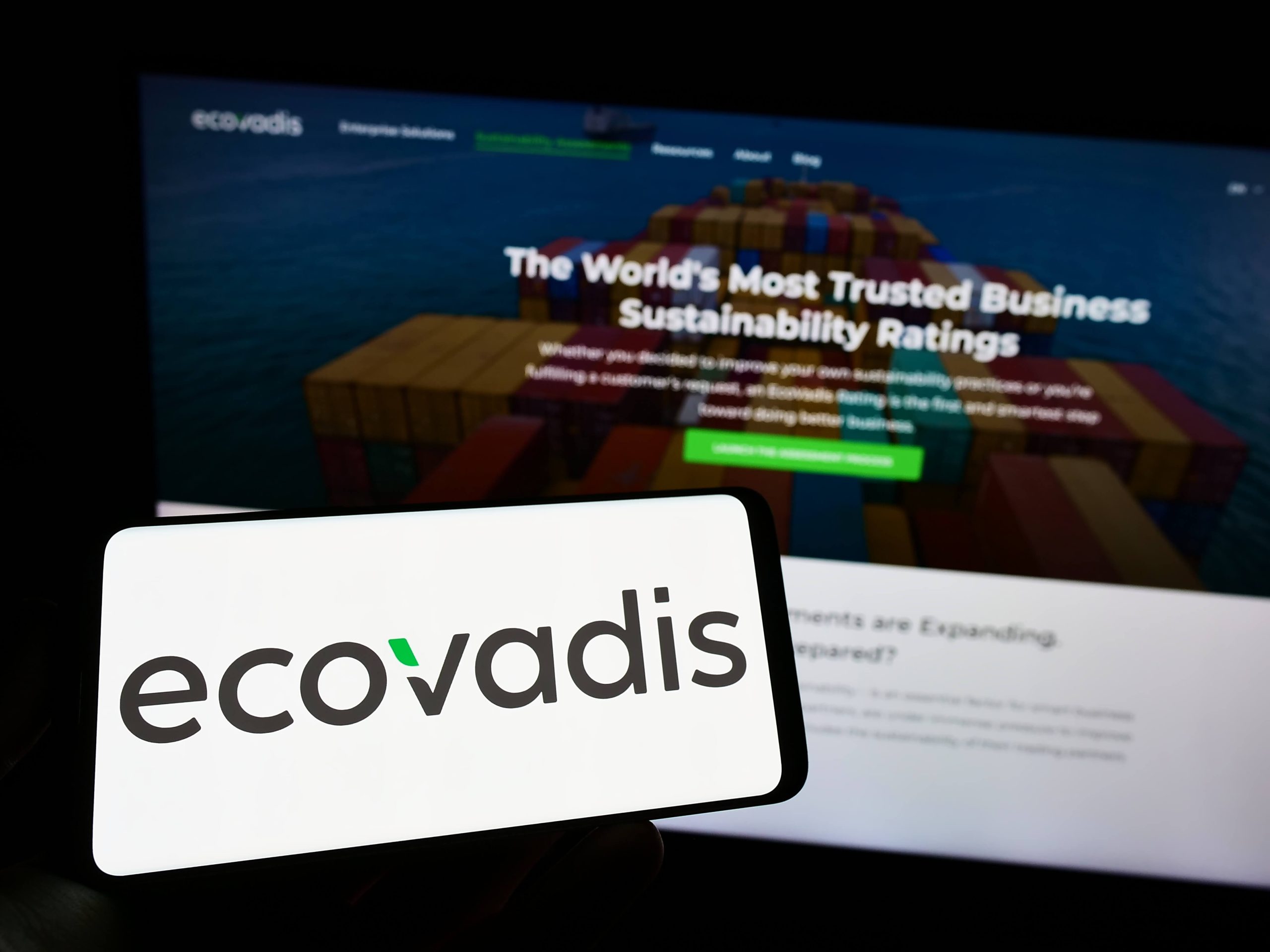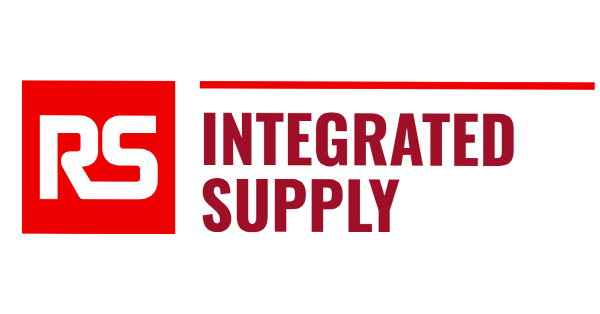Why ESG Accreditation Matters in Modern MRO Supply Chain Management?

Defining ESG – Environmental, Social, Governance
The days when a company could overlook its environmental footprint or ignore ethical procurement are long gone. Modern business thrives on transparency, accountability, and sustainability. That’s where ESG (Environmental, Social, and Governance) steps in. And when it comes to MRO (Maintenance, Repair, and Operations) supply chain management, ESG isn’t just a buzzword, it’s a game changer.
Why? Because outsourcing your MRO supply chain to an integrated supply provider offers more than just improved inventory optimization and streamlined processes. It can also enhance your organization’s environmental, social, and corporate governance (ESG) performance. A provider that is actively advancing its own ESG goals becomes a valuable partner in helping you reduce your carbon footprint and uphold ethical procurement policies and procedures.
What is Ecovadis?
Crucially, integrators can leverage their central position in the MRO supply chain to drive ESG improvements among suppliers. One way to do this is by mandating that key suppliers are evaluated by a respected third-party program such as EcoVadis.
EcoVadis is a globally recognized assessment platform that rates organizations’ ESG performance. Participating businesses receive a score based on 21 indicators across four categories: environment, labor and human rights, ethics, and sustainable procurement. Here representatives from EcoVadis, an integrator and a supplier, explore the value of accreditation as a benchmark.

Why ESG Accreditation Matters in Modern MRO Supply Chain Management
More efficient risk analysis
What do businesses gain from asking suppliers to undergo third-party verification? In the case of EcoVadis, one of the main benefits is access to a supply chain management tool that provides both in-depth and efficient risk screening and analysis of suppliers all in one place.
“EcoVadis reduces the need to obtain these details directly from suppliers, allowing us to review the information without requesting all the specifics,” says Erica Zabriskie, Global Responsible Procurement Director at RS Integrated Supply.
“It helps us understand everything that’s going on and having all that information at our fingertips is very helpful. The significant reduction in time spent collecting and analyzing data has been one of the most impactful returns on investment.”
An advantage for suppliers
The process of validation offers benefits for suppliers too – even though it can be onerous, particularly for smaller enterprises. “We recognize that signing up to these kinds of initiatives is a big undertaking,” says Zabriskie. “That said, more and more companies are enquiring about ESG. Organizations of all sizes are getting questioned about these topics and aligning with a third party can help suppliers address those questions.”
“Accreditation can reduce the burden on suppliers,” she adds. “It is a form of due diligence, providing evidence of your commitment and the action you are taking – and having the right certification can remove the need to answer every question again and again.”
Accreditation can reduce the burden on suppliers. It is a form of due diligence, providing evidence of your commitment and the action you are taking – and having the right certification can remove the need to answer every question again and again.”
– Erica Zabriskie, Global Responsible Procurement Director, RS Integrated Supply
Bryan Loucks, strategic account manager at fluid power distributor Applied Industrial Technologies, agrees that going through a single process that generates results they can share with all customers has benefits. “Grading us as a supplier based on our ESG performance started with RS Integrated Supply but now it’s something that other customers ask about,” he says. “When they do, we can point them to our EcoVadis score.”
“Grading us as a supplier based on our ESG performance started with RS Integrated Supply but now it’s something that other customers ask about. When they do, we can point them to our EcoVadis score.”
– Bryan Loucks, Strategic Account Manager, Applied Industrial Technologies
“Customers think it’s great because we’re able to go beyond our own metrics and show where we stand from a third-party perspective,” he continues. “It’s one thing to be able to say that you as a company are doing X, Y, and Z to improve but it’s another to have an external organization like EcoVadis say here’s where you stand.”
“Customers think it’s great because we’re able to go beyond our own metrics and show where we stand from a third-party perspective. It’s one thing to be able to say that you as a company are doing X, Y, and Z to improve but it’s another to have an external organization like EcoVadis say here’s where you stand.”
– Bryan Loucks, Strategic Account Manager, Applied Industrial Technologies
Evidence-based audits
Loucks compares the EcoVadis certification process to an International Organization for Standardization (ISO) assessment, familiar to many businesses. “EcoVadis is a very thorough auditor of your ESG programs,” he says. “It’s like having an ISO audit.”
This rigor is an important part of why EcoVadis verification is so highly valued and widely trusted. Assessments are, for instance, fully evidence based. “You cannot simply include a declarative answer,” explains Imran Ahmed, an EcoVadis senior account executive. “It must be supplemented with evidence, and we provide guidance on what we are looking for. We can’t, for example, accept a policy as evidence or accept material that is very old or not relevant.”
Assessments are also tailored to ensure relevance. “We make sure that the questionnaire is adapted towards the supplier that’s answering the questions and their area of work,” says Ahmed. “We look at the industry, the location, and company size to ensure we configure the questionnaire accordingly.”
“It helps us understand everything that’s going on and having all that information at our fingertips is very helpful. The significant reduction in time spent collecting and analyzing data has been one of the most impactful returns on investment.”
– Erica Zabriskie, Global Responsible Procurement Director, RS Integrated Supply
Continuous improvement
Both the organization requesting certification and the supplier have access to the scorecard that EcoVadis creates after an assessment. This includes the overall rating as well as areas for improvement, listed in terms of high, medium, and low priority.
These areas for improvement are a fundamental part of the EcoVadis process, says Ahmed: “We’re not just saying this is their score or even just this is what needs to improve. We are committed to supporting the rated company on a journey of continuous improvement.
“We have an EcoVadis Academy,” he adds. “This is our e-learning tool, and we provide direct links within improvement areas to corresponding courses. For example, if the rated company has not been able to provide metrics on their greenhouse gas emissions, we will direct them to a course that shows how to calculate these emissions and the importance of emissions data.”
Improvement at scale
For the 2.8 million companies screened by EcoVadis, working on the areas for improvement is proving effective, with an average increase of more than eight points by the time reassessment comes around. “Ultimately we see our solution as a model for impact,” says Ahmed. “Requesting organizations will use our solution to improve their sustainable procurement and engage trading partners on sustainability. The rated companies there will then leverage the insights that we give them and use the platform’s tools to improve their sustainability management and adopt best practices. They will have greater positive impact on society and the planet. Together we will drive impact at scale.”
Conclusion
ESG accreditation is becoming a critical differentiator in modern MRO supply chain management. It not only reinforces a company’s commitment to sustainability and ethical practices but also enhances transparency and trust across the supply base.
Third-party platforms like EcoVadis provide a rigorous, evidence-based framework that helps both integrators and suppliers benchmark and improve their ESG performance.
As more organizations prioritize responsible sourcing, ESG accreditation will continue to play a pivotal role in driving long-term value and resilience in the supply chain.
Frequently asked questions
ESG accreditation in MRO, as with ESG accreditation more broadly, provides third-party external auditing of an organization’s performance in terms of environmental and social governance. It is a form of due diligence, providing evidence of both commitments and actions, with shareable results.
Third-party platforms like EcoVadis support ESG goals by evaluating an organization’s performance across relevant criteria such as environment, labor and human rights, ethics and sustainable procurement. As well as providing an overall rating, EcoVadis also shares areas for improvement that help to drive even greater impact.
No, ESG accreditation is not mandatory from a legislative standpoint, but some businesses do make it a requirement for some or all of their suppliers.
Third-party ESG accreditation brings several different benefits for suppliers. It provides external validation of ESG performance and can highlight how to improve performance going forward. Crucially, it also provides standardized results that suppliers can share with customers.
Small businesses may find it more difficult than larger companies to commit the time and resources needed to complete the ESG accreditation process. However, one of the biggest advantages of third-party accreditation is that it removes the burden of repetition: rather than filling out a different audit for every customer, a business can share these validated results.

